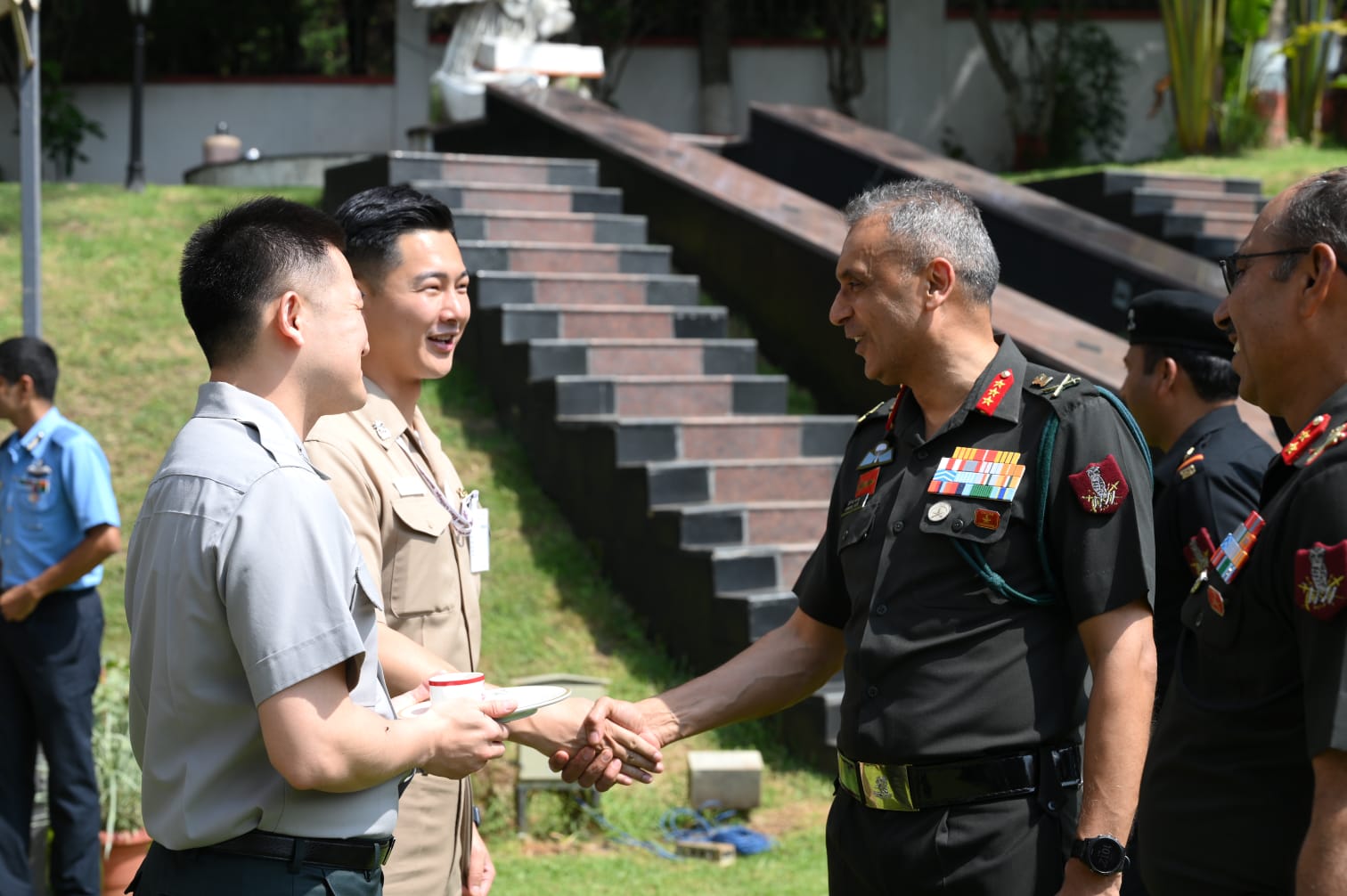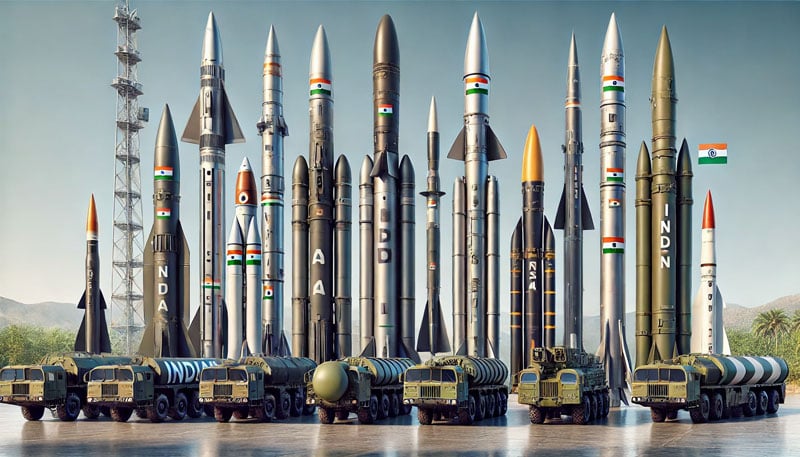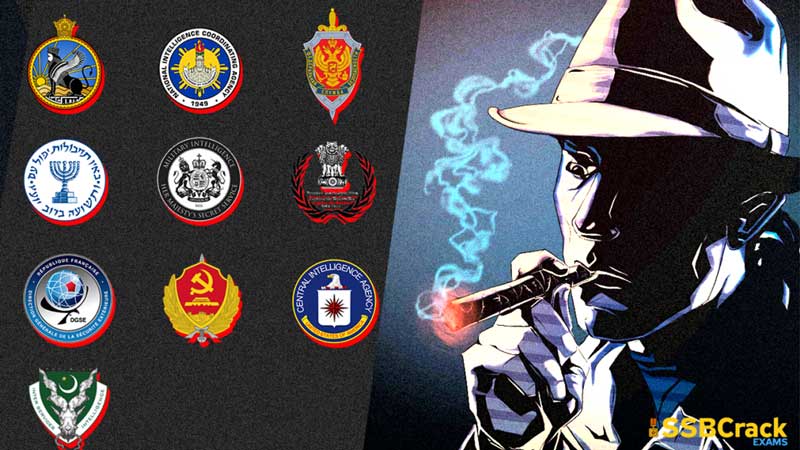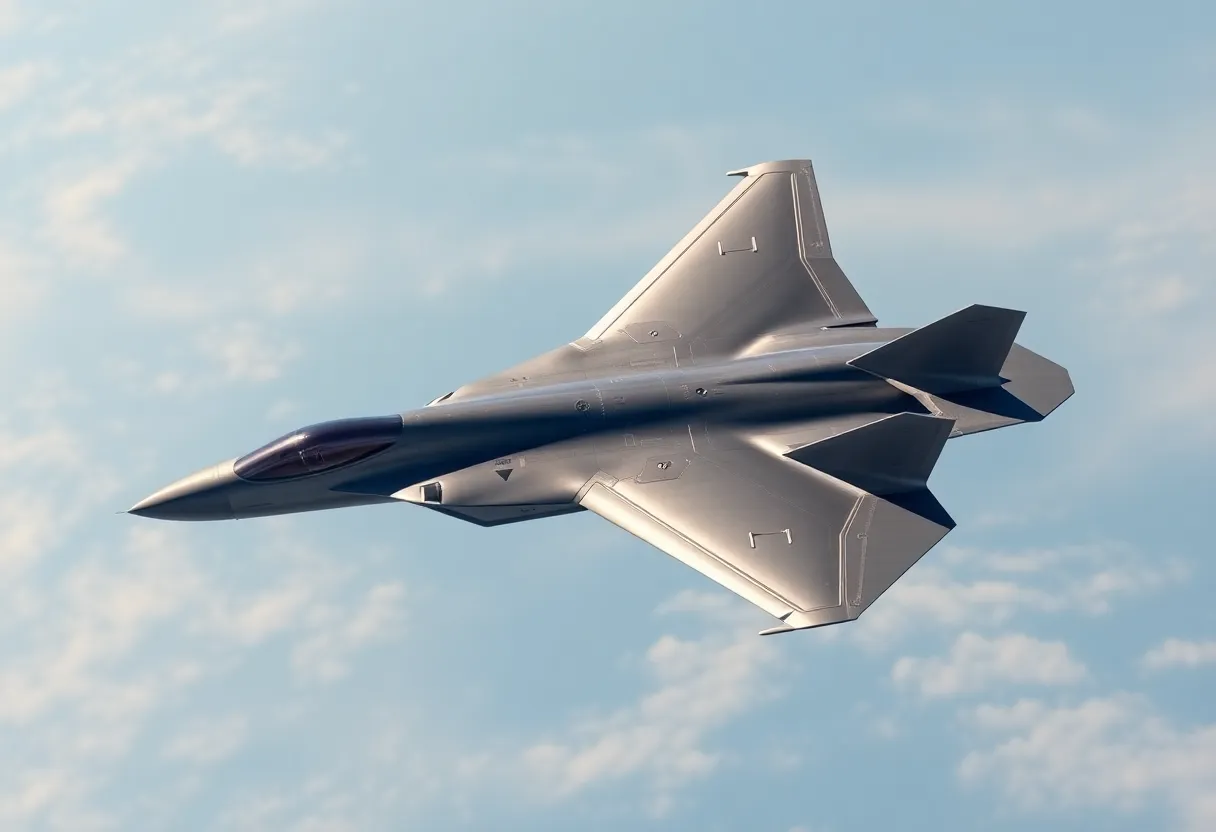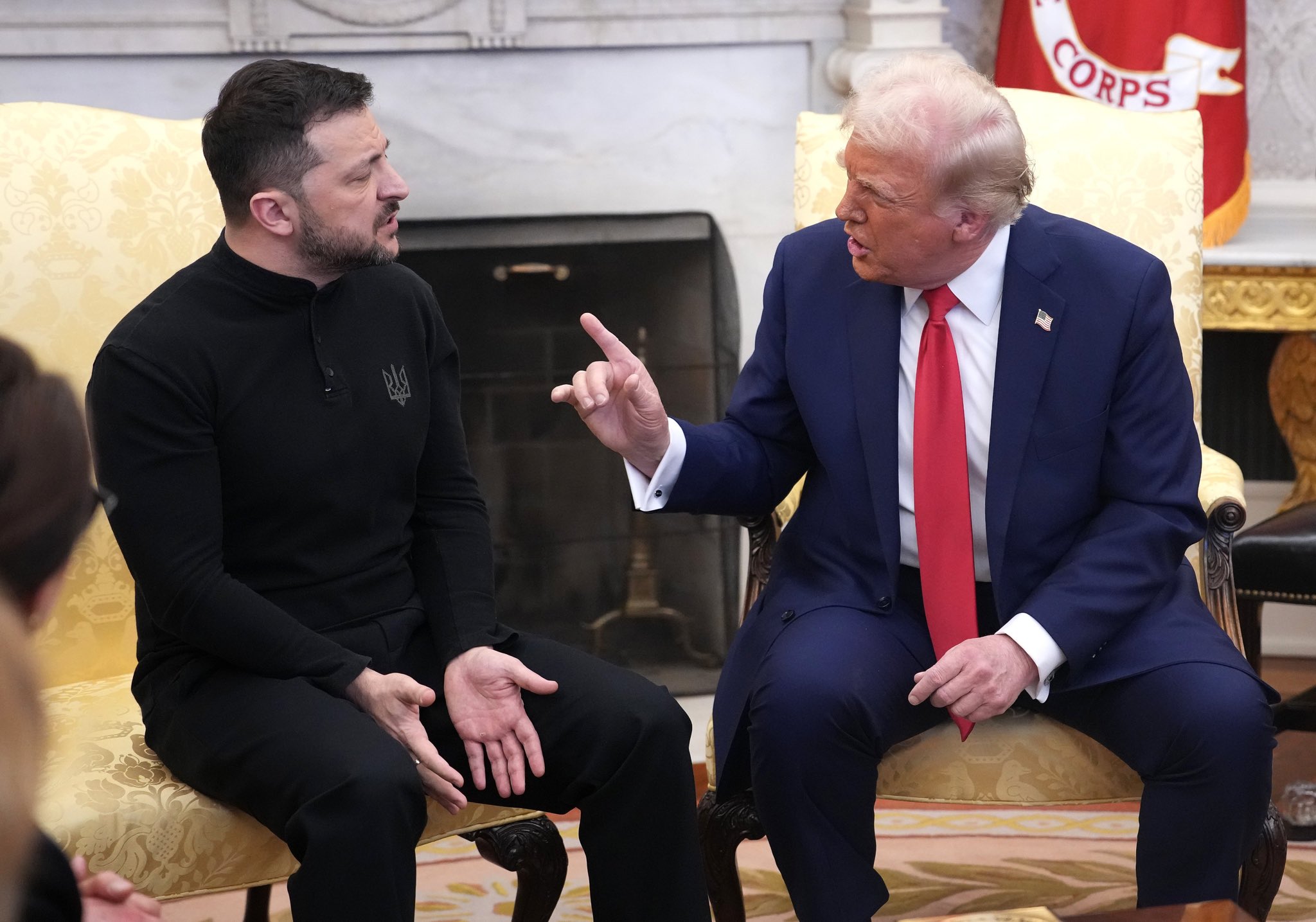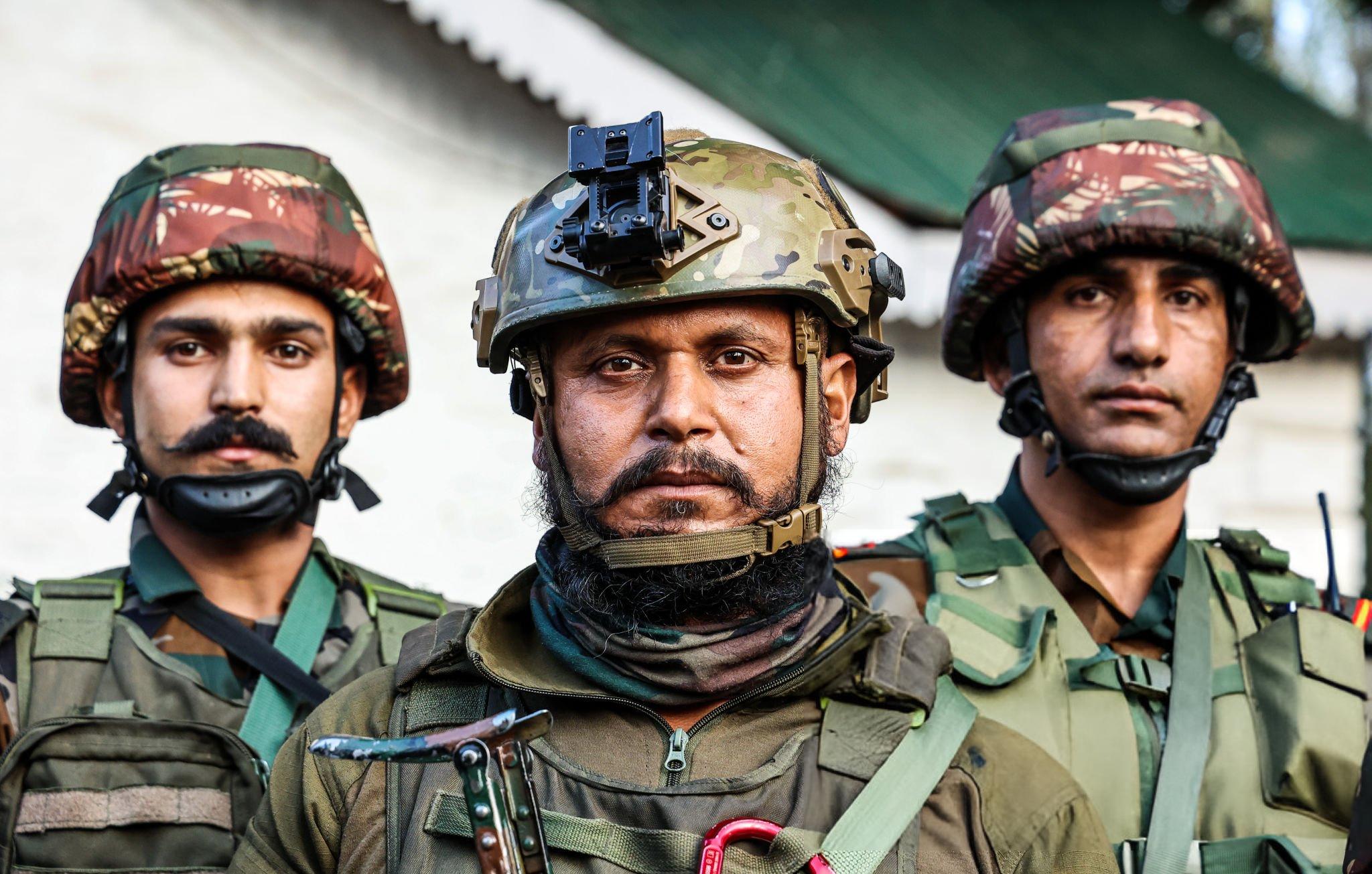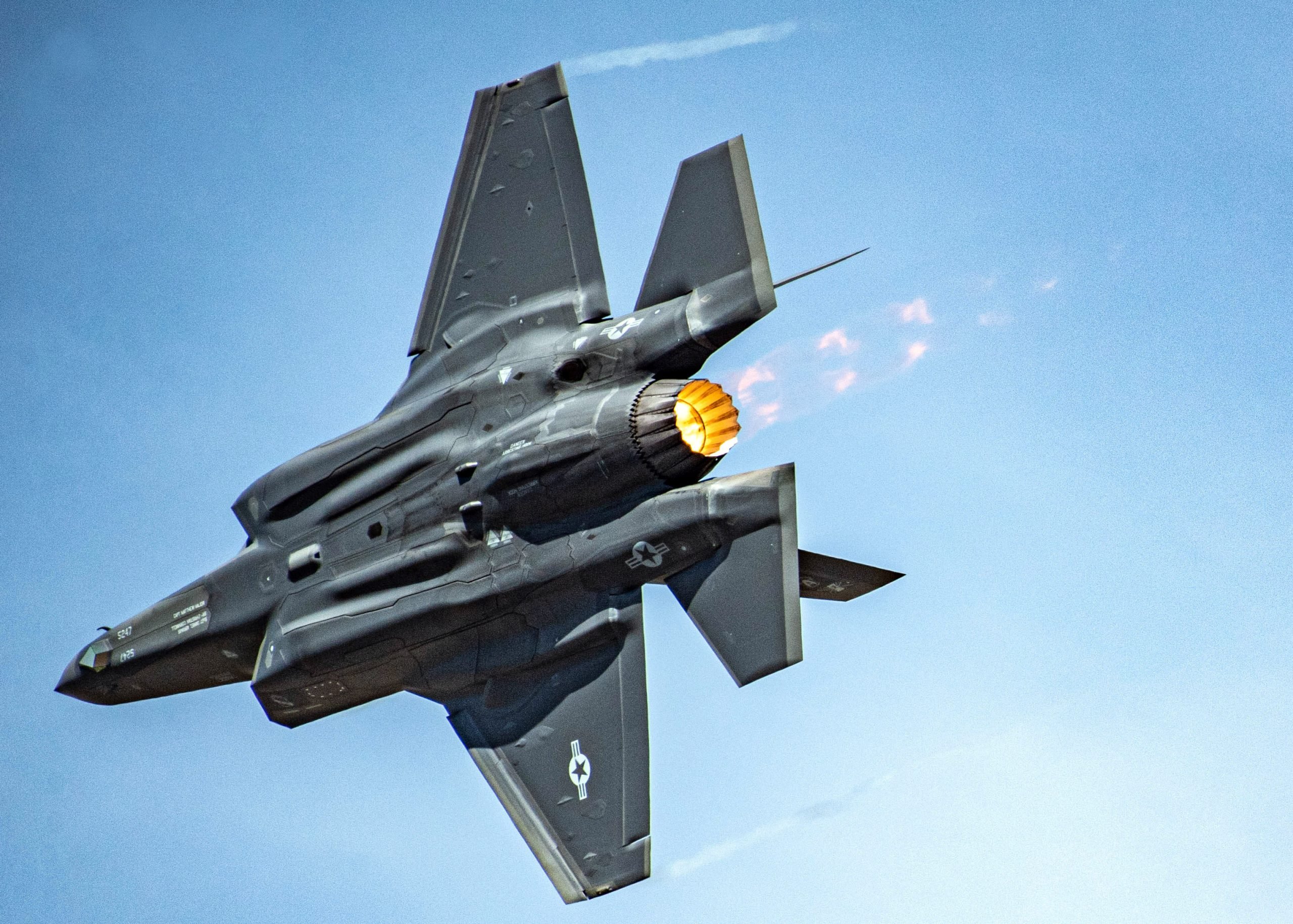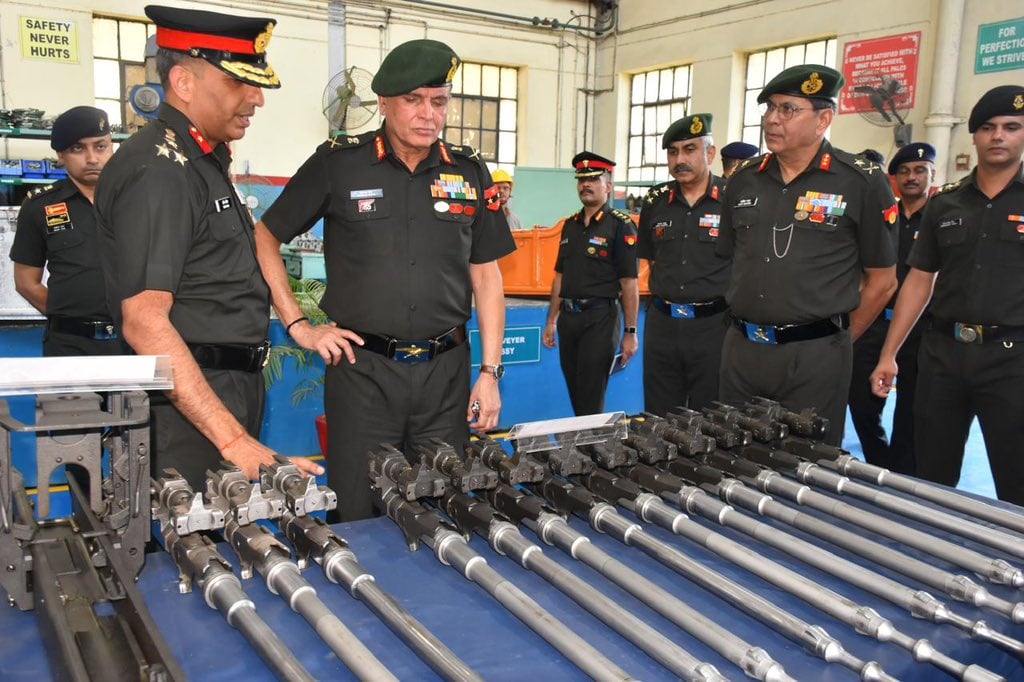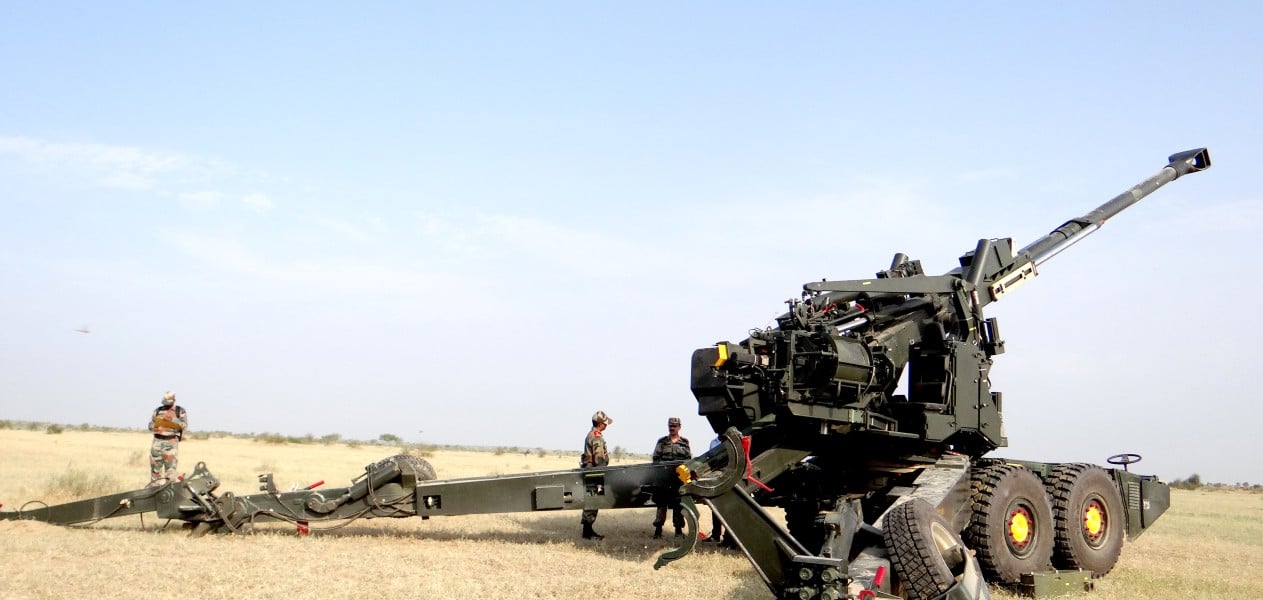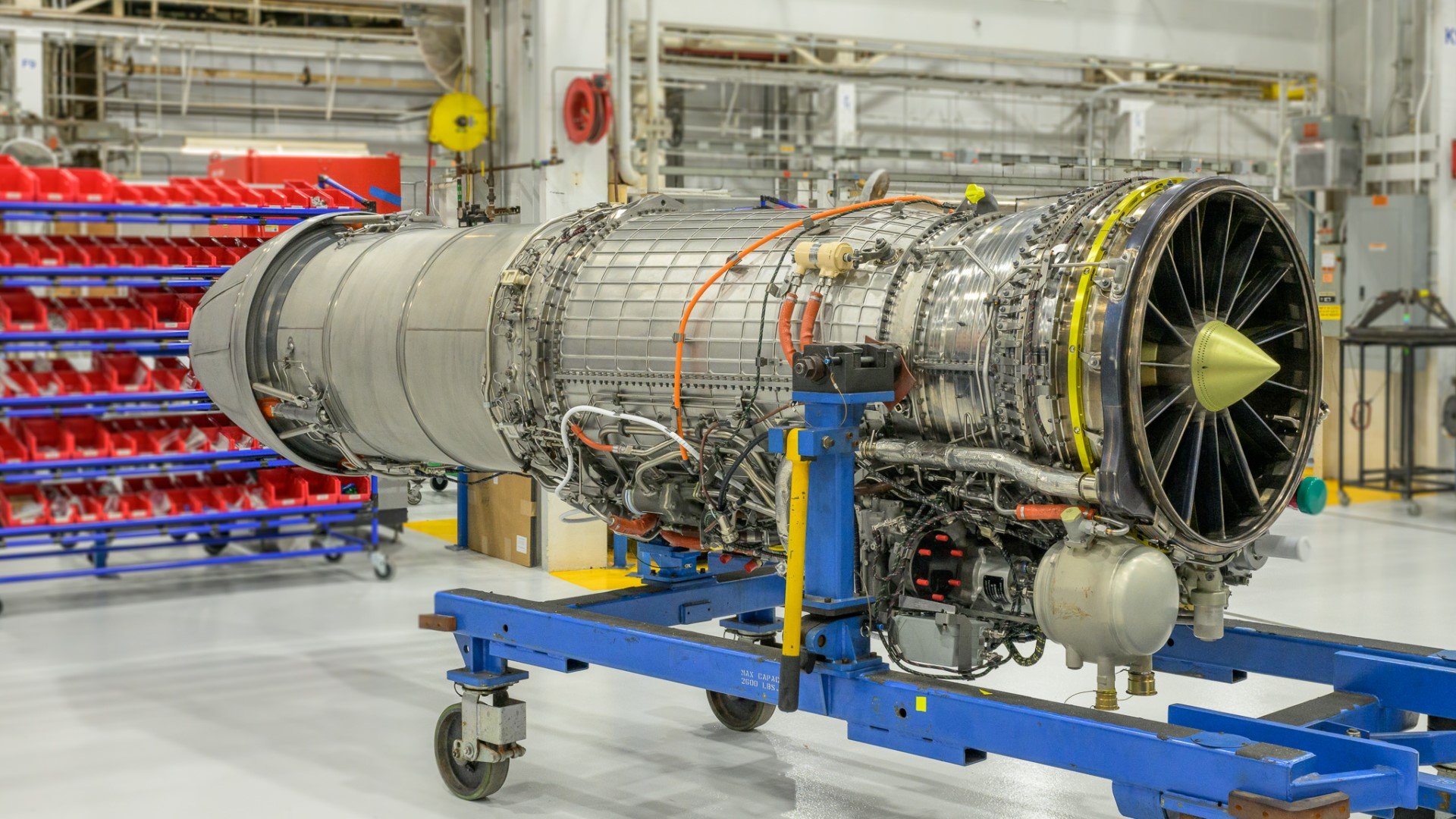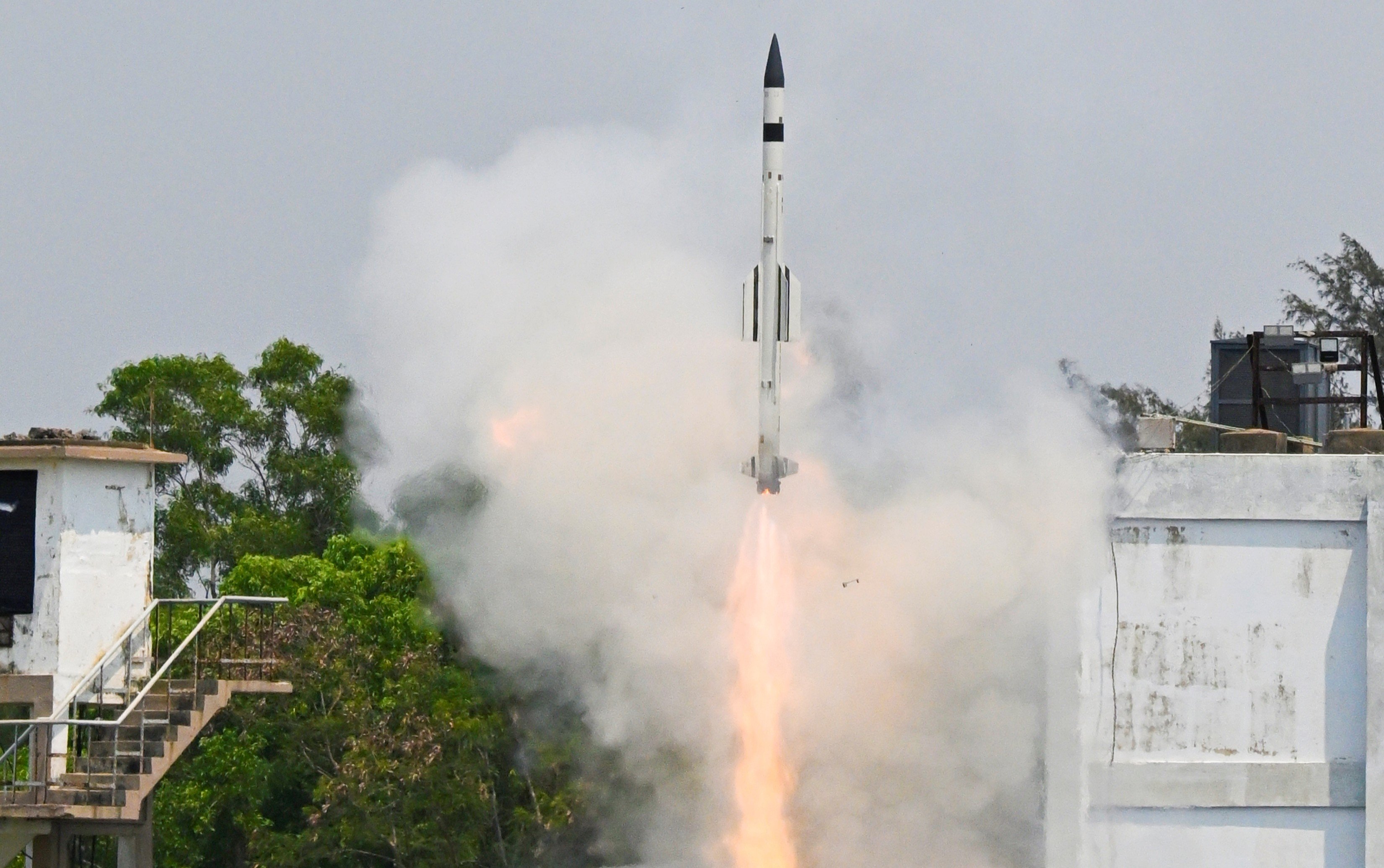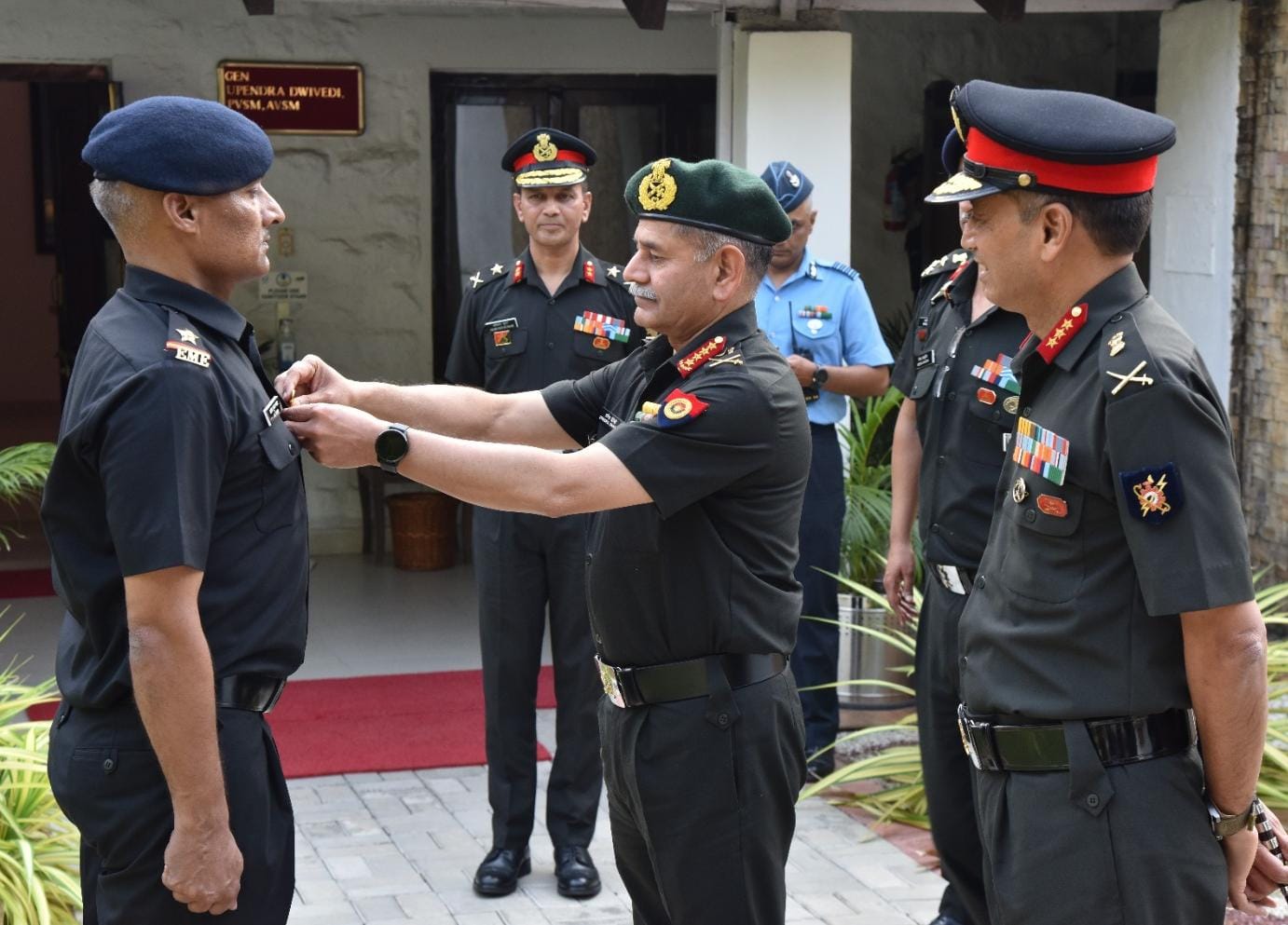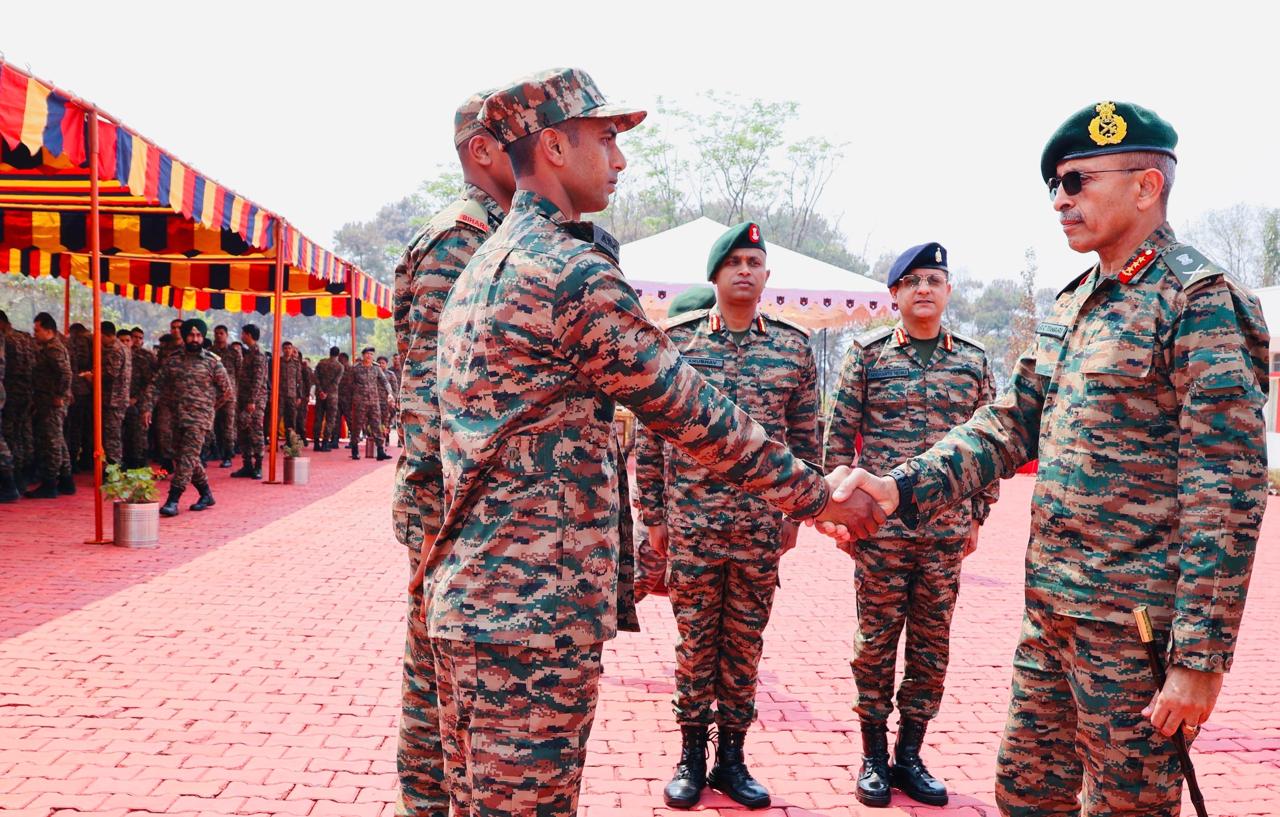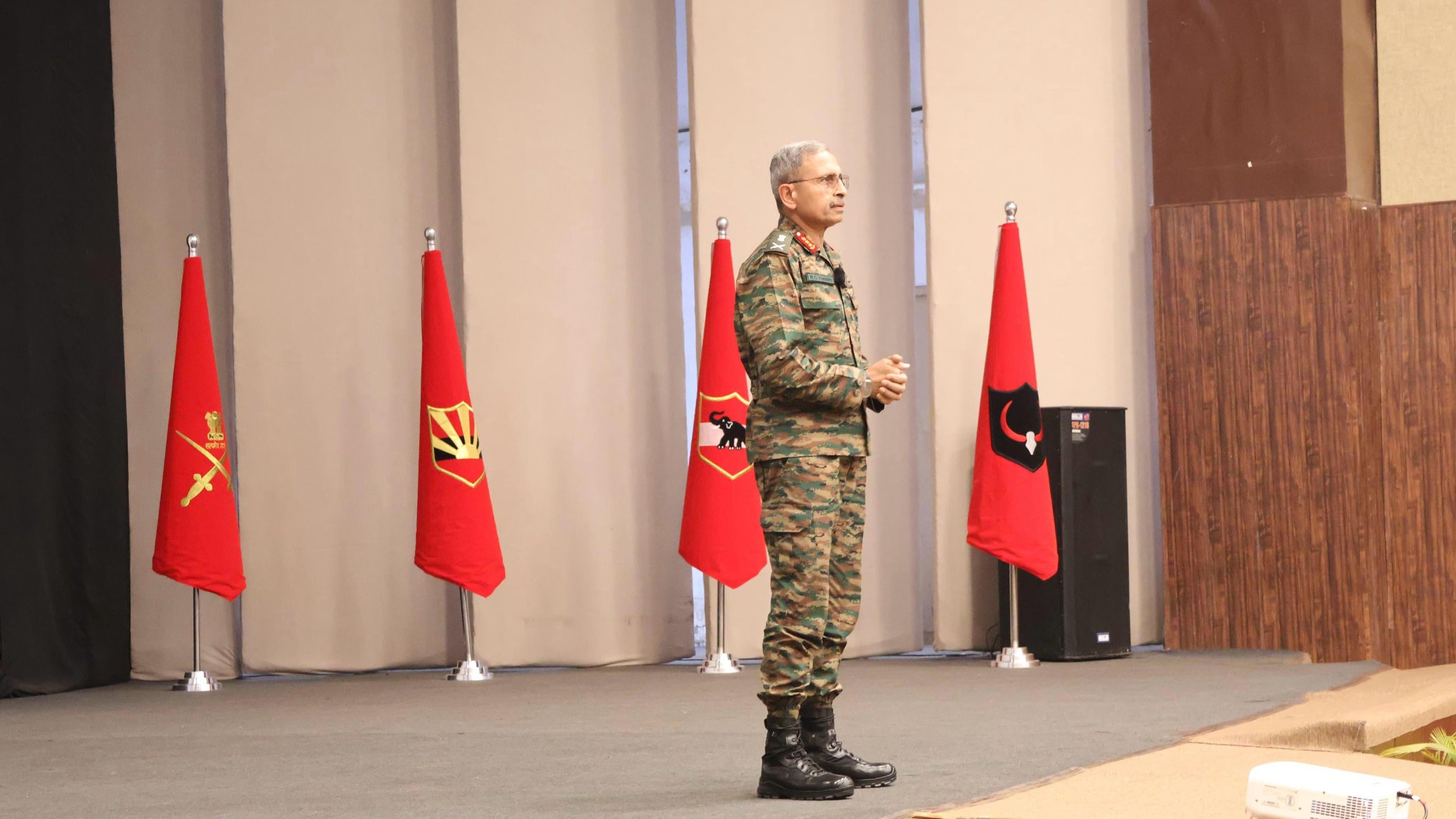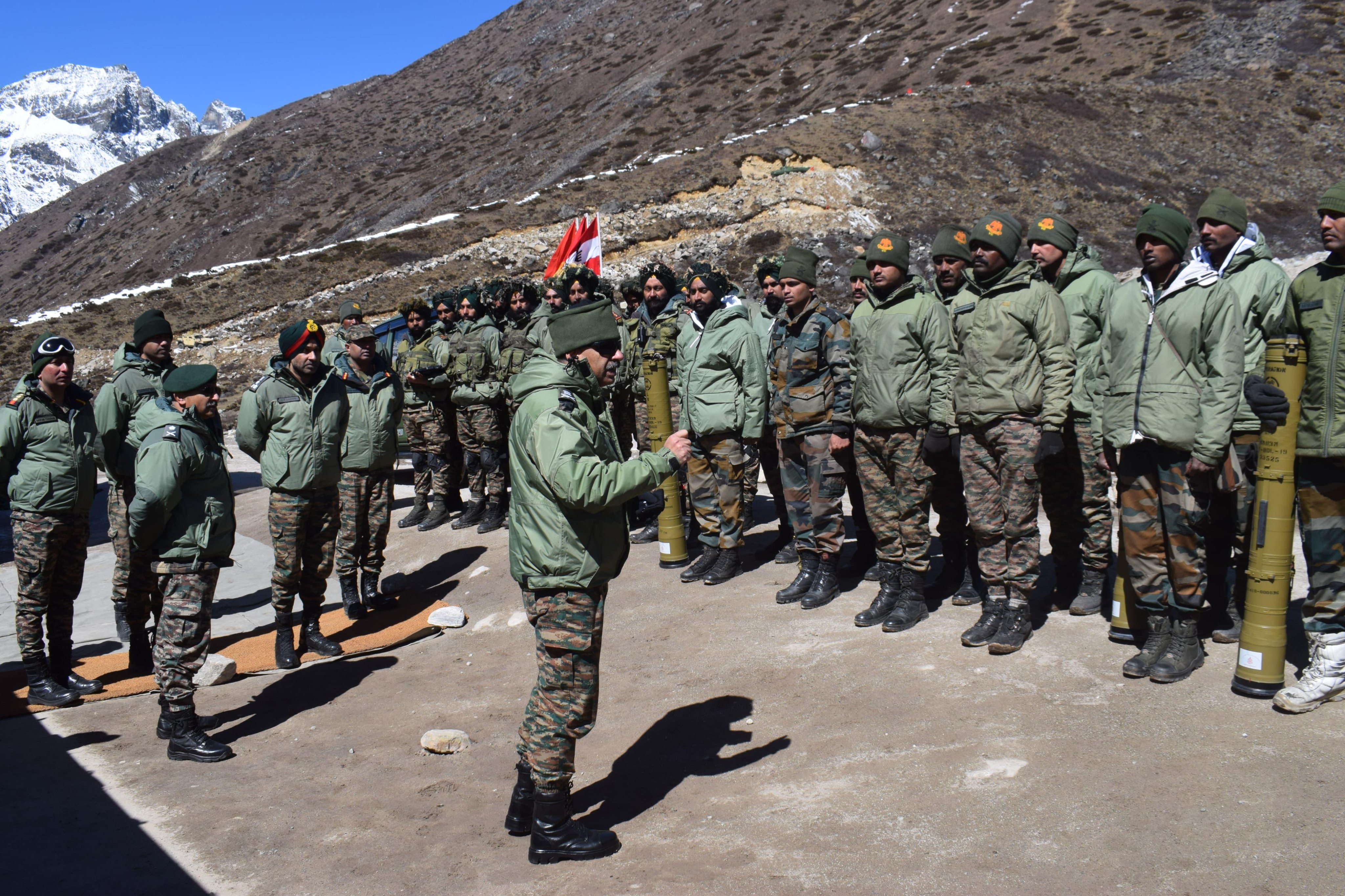The Indian Army, one of the largest and most respected military forces in the world, plays a crucial role in the defense and security of the nation. Within this esteemed organization, staff appointments hold a significant position, serving as the backbone of the army’s operational and administrative functions. These staff positions are responsible for planning, coordinating, and executing the various activities that ensure the smooth and efficient functioning of the Indian Army.
Staff officers in the Indian Army are tasked with a wide range of responsibilities, from policy formulation and strategic decision-making to logistics management and personnel administration. They work closely with the commanding officers, providing them with the necessary information, analysis, and recommendations to make informed decisions. These staff appointments are highly sought-after positions, as they offer opportunities for professional development, leadership experience, and career advancement.
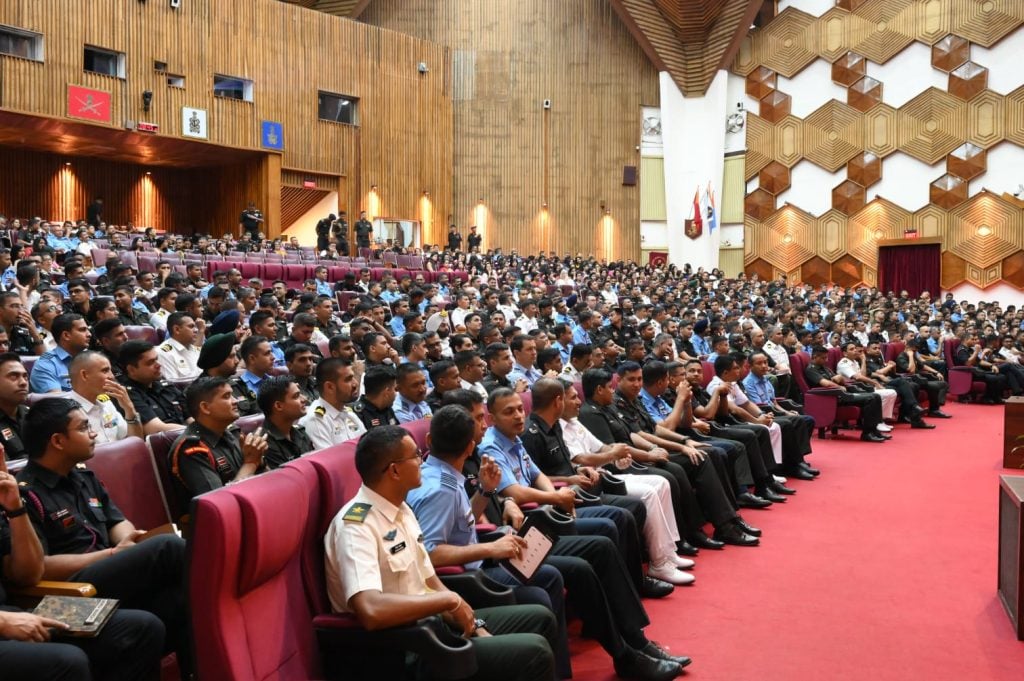
Importance of staff appointments in the Indian Army
The importance of staff appointments in the Indian Army cannot be overstated. These positions are essential for the effective and efficient functioning of the army, as they provide the necessary support and coordination required to achieve the organization’s objectives. Staff officers play a crucial role in the decision-making process, ensuring that the army’s resources are utilized effectively and that its operations are carried out with precision and efficiency.
Moreover, staff appointments serve as a crucial link between the army’s various units and departments, facilitating the flow of information, resources, and expertise. By coordinating the efforts of different units and departments, staff officers help to ensure that the army operates as a cohesive and integrated force, capable of responding to a wide range of challenges and threats.
Roles and responsibilities of staff officers
Staff officers in the Indian Army are responsible for a wide range of duties and responsibilities, which can be broadly categorized into the following areas:
- Planning and Policy Formulation: Staff officers are involved in the development and implementation of policies, strategies, and plans that guide the army’s operations and activities. They analyze relevant data, identify trends and patterns, and provide recommendations to the commanding officers.
- Coordination and Collaboration: Staff officers serve as a bridge between the various units and departments within the army, facilitating the exchange of information, resources, and expertise. They work closely with other staff officers and commanders to ensure that the army’s efforts are coordinated and aligned.
- Resource Management: Staff officers are responsible for the efficient management of the army’s resources, including personnel, equipment, and finances. They develop and implement systems and processes to ensure that these resources are utilized effectively and in accordance with the army’s priorities.
- Training and Development: Staff officers play a crucial role in the training and development of army personnel, designing and implementing training programs that enhance the skills and capabilities of the force.
- Operational Support: Staff officers provide critical support to the army’s operational units, offering guidance, advice, and assistance in areas such as logistics, intelligence, and communications.
- Administrative Functions: Staff officers are responsible for a range of administrative tasks, such as personnel management, records maintenance, and the processing of various forms and documents.
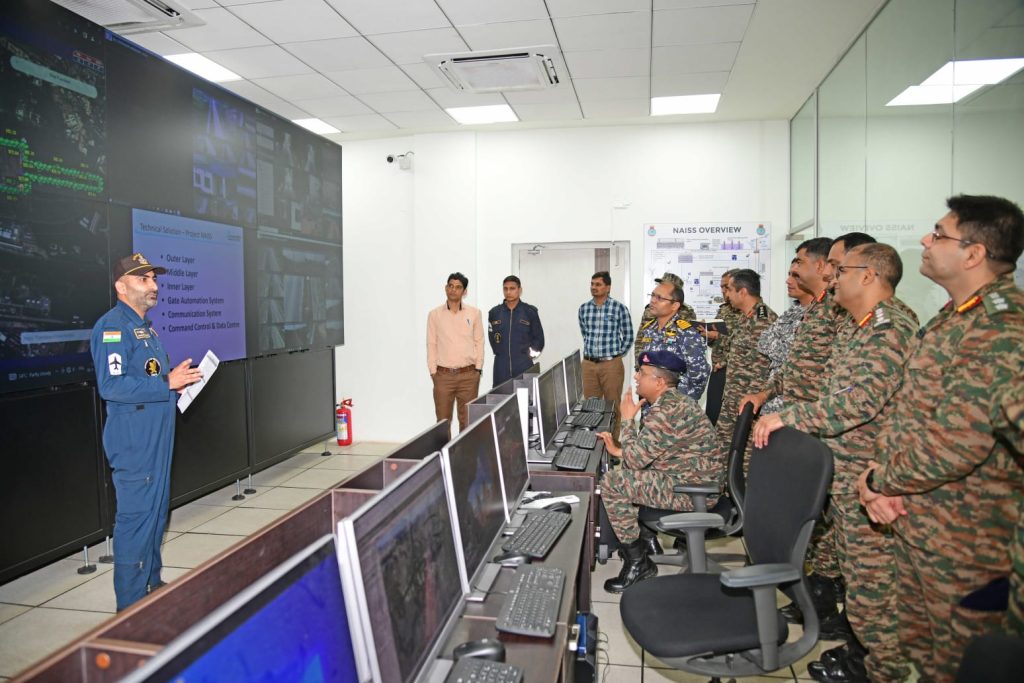
Different types of staff appointments
The Indian Army has a diverse range of staff appointments, each with its own unique responsibilities and requirements. Some of the most common staff appointments include:
- General Staff Officer (GSO): GSOs are responsible for the planning, coordination, and execution of the army’s operations and activities. They work closely with the commanding officers and are involved in the development of strategies, policies, and plans.
- Adjutant General (AG): The Adjutant General’s branch is responsible for personnel management, including recruitment, training, and welfare of army personnel.
- Quartermaster General (QMG): The Quartermaster General’s branch is responsible for the procurement, storage, and distribution of supplies, equipment, and other resources required by the army.
- Military Secretary (MS): The Military Secretary’s branch is responsible for the management of senior officer appointments, promotions, and postings.
- Engineer-in-Chief (E-in-C): The Engineer-in-Chief’s branch is responsible for the planning, design, and construction of military infrastructure, including roads, bridges, and buildings.
- Director General of Medical Services (DGMS): The DGMS branch is responsible for the provision of medical and healthcare services to the army, including the management of medical personnel and facilities.
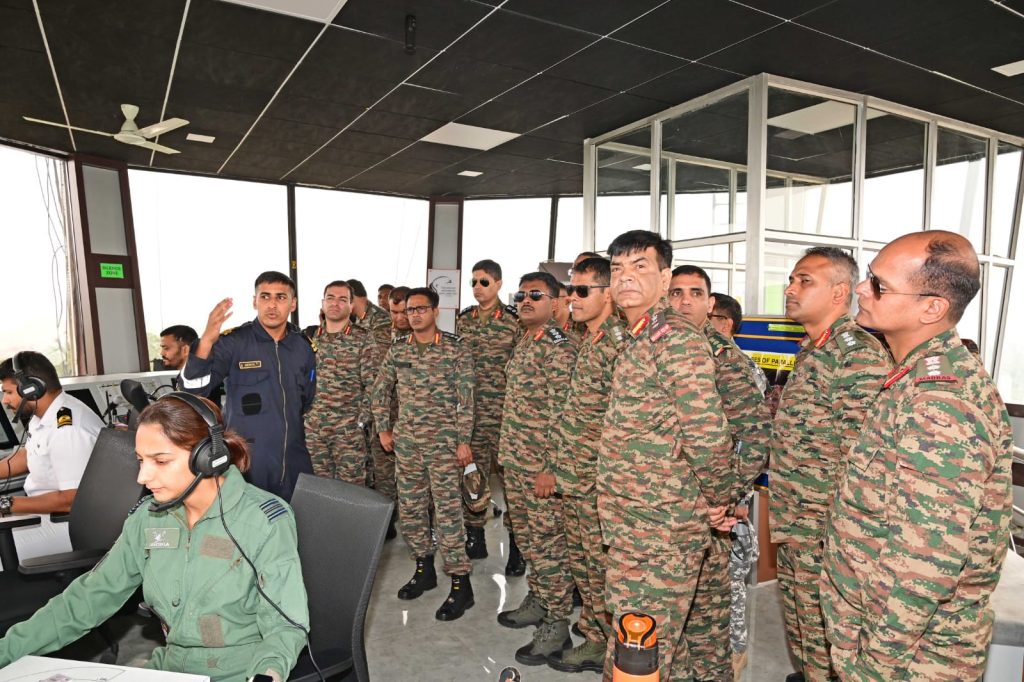
Qualifications and criteria for staff appointments
The selection and appointment of staff officers in the Indian Army are based on a rigorous process that takes into account a range of factors, including:
- Educational Qualifications: Staff officers are typically required to have a bachelor’s or master’s degree in a relevant field, such as engineering, management, or the social sciences.
- Military Experience: Candidates for staff appointments must have a minimum of 10-15 years of experience in the Indian Army, with a proven track record of leadership, decision-making, and operational excellence.
- Specialized Training: Staff officers are required to undergo specialized training programs, such as the Staff College or the Higher Command Course, which equip them with the necessary skills and knowledge to perform their duties effectively.
- Language Proficiency: Proficiency in English and at least one other Indian language is typically required for staff appointments, as these officers often work with personnel from diverse linguistic backgrounds.
- Personal Attributes: Staff officers must possess a range of personal attributes, including strong analytical and problem-solving skills, excellent communication and interpersonal skills, and a high level of integrity and professionalism.
Training and development for staff officers
The Indian Army places a strong emphasis on the training and development of its staff officers, recognizing the critical role they play in the overall success of the organization. Staff officers are required to undergo a comprehensive training program that includes both theoretical and practical components, designed to equip them with the necessary knowledge and skills to perform their duties effectively.
The training program typically includes the following elements:
- Staff College: The Staff College is a prestigious institution that provides advanced training in military planning, decision-making, and leadership to selected officers. The curriculum covers a wide range of topics, including strategic analysis, operational planning, and resource management.
- Higher Command Course: The Higher Command Course is a specialized training program that prepares senior officers for senior staff appointments and command positions. The course covers topics such as strategic planning, policy formulation, and joint operations.
- Specialized Courses: Staff officers may also be required to attend specialized courses and workshops that focus on specific areas of expertise, such as logistics, intelligence, or information technology.
- Continuous Learning: The Indian Army encourages its staff officers to engage in continuous learning and professional development, through initiatives such as distance education programs, research projects, and international exchanges.
Challenges faced by staff officers
While staff appointments in the Indian Army offer numerous opportunities for professional growth and career advancement, they also come with a unique set of challenges that staff officers must navigate. Some of the key challenges faced by staff officers include:
- Complexity of Decision-Making: Staff officers are often required to make complex decisions that have far-reaching consequences for the army and the nation. They must balance multiple competing priorities and interests, while maintaining a clear and objective perspective.
- Coordination and Communication: Effective coordination and communication are essential for staff officers, as they must work closely with a wide range of stakeholders, including other staff officers, commanding officers, and external agencies. Navigating these complex relationships can be a significant challenge.
- Resource Constraints: Staff officers must often work within tight budgetary and resource constraints, requiring them to prioritize and allocate resources effectively to meet the army’s objectives.
- Changing Operational Environments: The Indian Army operates in a dynamic and constantly evolving security environment, which requires staff officers to be adaptable and responsive to changing circumstances.
- Stress and Pressure: The high-stakes nature of their work, combined with the demands of their responsibilities, can often lead to significant levels of stress and pressure for staff officers.
Career progression in staff appointments
Staff appointments in the Indian Army offer a clear and well-defined path for career progression, with opportunities for advancement at various stages of an officer’s career. The typical career progression for staff officers in the Indian Army includes:
- Junior Staff Officer: Early in their careers, officers may be appointed as junior staff officers, responsible for tasks such as personnel management, logistics, and administrative support.
- Senior Staff Officer: As officers gain experience and demonstrate their capabilities, they may be promoted to senior staff officer positions, such as GSO or Adjutant General, with increased responsibilities and decision-making authority.
- Command Appointments: Experienced staff officers may also be selected for command appointments, where they can apply their staff expertise and leadership skills to lead operational units and formations.
- Senior Leadership Positions: The most senior and experienced staff officers may be appointed to positions of strategic leadership, such as the Chief of the Army Staff or the Adjutant General, where they can shape the overall direction and policies of the Indian Army.
Throughout their career progression, staff officers are expected to continuously develop their skills, knowledge, and leadership capabilities, through training, education, and hands-on experience. This commitment to professional development is a hallmark of the Indian Army’s staff appointment system, and it helps to ensure that the organization is led by a highly capable and dedicated cadre of officers.
Comparison with staff appointments in other military forces
While the staff appointment system in the Indian Army shares some common features with those of other military forces around the world, it also has its unique characteristics and nuances. For example, the emphasis on specialized training and continuous learning is a hallmark of the Indian Army’s approach to staff appointments, which sets it apart from some other military organizations.
Additionally, the Indian Army’s staff appointment system is closely aligned with the country’s broader strategic and security priorities, reflecting the army’s role as a key pillar of India’s national defense. This integration with the broader national context is a distinguishing feature of the Indian Army’s staff appointment system, and it helps to ensure that the army’s activities and decisions are closely aligned with the country’s overall defense and security objectives.If you’re interested in learning more about staff appointments in the Indian Army and how they contribute to the overall effectiveness and efficiency of the organization, we encourage you to explore our other resources on this topic. Our team of experts is dedicated to providing in-depth analysis and insights that can help you better understand the critical role that staff officers play in the Indian Army.
Conclusion
The staff appointment system in the Indian Army is a crucial component of the organization’s operational and administrative framework, serving as the backbone of the army’s activities and decision-making processes. Staff officers in the Indian Army are responsible for a wide range of duties and responsibilities, from planning and policy formulation to resource management and operational support.
The selection and appointment of staff officers are based on a rigorous process that takes into account a range of factors, including educational qualifications, military experience, specialized training, and personal attributes. The Indian Army places a strong emphasis on the training and development of its staff officers, recognizing the critical role they play in the overall success of the organization.
While staff appointments in the Indian Army offer numerous opportunities for professional growth and career advancement, they also come with a unique set of challenges that staff officers must navigate. These challenges include the complexity of decision-making, the need for effective coordination and communication, and the constraints of limited resources.
Despite these challenges, the staff appointment system in the Indian Army remains a highly sought-after and prestigious career path, offering officers the chance to contribute to the defense and security of the nation in a meaningful and impactful way. By continuing to invest in the development and support of its staff officers, the Indian Army can ensure that it remains a formidable and effective force, capable of meeting the evolving challenges of the modern security landscape.

